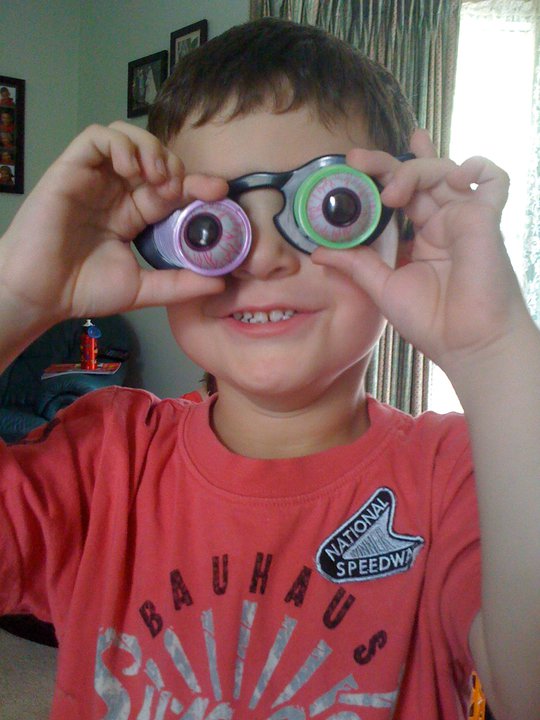| Author |
 Topic Topic  |
|
|

BaftaBaby 
"Always entranced by cinema."
|
 Posted - 10/11/2007 : 10:41:21 Posted - 10/11/2007 : 10:41:21


|
And When Did You Last See Your Father?
First, a basket of ingredients.
Unlike their Gaelic and Gallic counterparts, it's almost axiomatic to note the inability of the English- particularly English men - to express emotion - particularly family love.
The acceptance of that 'national truth' across the class barriers is one of the reasons the public outpouring was so remarkable upon the death of Diana. Such gushing and sustained power seemed all the more unexpected since it was directed not toward a personal relative or friend, but a media stranger. Or perhaps that's the point.
While classic literary masters from George Eliot to Tennyson to Thomas Hardy have left a legacy fairly dripping with emotion, there's been an increasing tendency to consign such treatment to pot-boilers and magazine serials, and to designate the literary novel as the preserve of ideas.
It's difficult to identify with the characters of Iris Murdoch who deals in prototypes rather than real people.
Add to that British television's stylistic hallmark of the slow pan, starting on an irrelevance passing through the visual focus of someone's face as they deliver lines or listen and onto another point of irrelevance. A style almost painterly, though often just boring.
Coming as he does from this tradition, albeit with the eye of an outsider, Anand Tucker frequently straddles that directorial line, though he's wise enough to populate his film with some sparkling actors capable of spanning generations from the repressed 1950s to the late 80s. In particular Colin Firth and Jim Broadbent as son and dying dad have each never been better.
The era is germane to the film's themes, and to the life of its central character and narrator, the celebrated poet and author Blake Morrison. Based on his book of the same name, the story tries to catch the elusive mercury of what shapes family love, especially that between father and son. Understandably, because the vehicle is memory the film zig-zags from present to past and back again.
Clearly here's a tale of significance for Western societies, enclosed in the conflicting awkwardness, shame, pride, joy and deception of lives behind the net curtains.
Tucker's film achieves a strange connection, in that its own emotional temperature is as tepid as that on the surface of the Morrison family life. And, while it indicates the cauldrons of bubbling ardor driving the journey that the dying father refers to as "getting through it," the film itself only touches us deeply at a few moments.
When Chekhov wrote A Boring Story it allowed us the author's dual perspective, providing a glimpse into the indeed very boring life of his characters encased in a story that was anything but.
Sadly, neither Tucker nor screenplay writer David Nicholls has managed to involve us while simultaneously reflecting on the repressed complexity of the Morrisons. We're engaged largely because of the sheer power of the acting, which definitely makes the film worth seeking out.
As one of the book reviews puts it for Morrison's novel The justification of Johann Gutenberg, we eventually like the characters but we don't love them.
|
Edited by - BaftaBaby on 10/11/2007 10:43:16 |
|
|

thefoxboy 
"Four your eyes only."
|
 Posted - 10/11/2007 : 12:31:17 Posted - 10/11/2007 : 12:31:17


|
| Last week. |
 |
|
|

Demisemicenturian 
"Four ever European"
|
 Posted - 10/11/2007 : 13:01:16 Posted - 10/11/2007 : 13:01:16


|
quote:
Originally posted by BaftaBabe
Unlike their Gaelic and Gallic counterparts, it's almost axiomatic to note the inability of the English- particularly English men - to express emotion - particularly family love.
This is one of those things that people like to say, but I'm not sure that there's a lot of truth in it.
Anyway, yep, it's a good film - though Firth and Broadbent just seem to be playing the same characters as usual and the latter cannot pass for the younger end of the age range required. |
 |
|
| |
 Topic Topic  |
|
|
|

